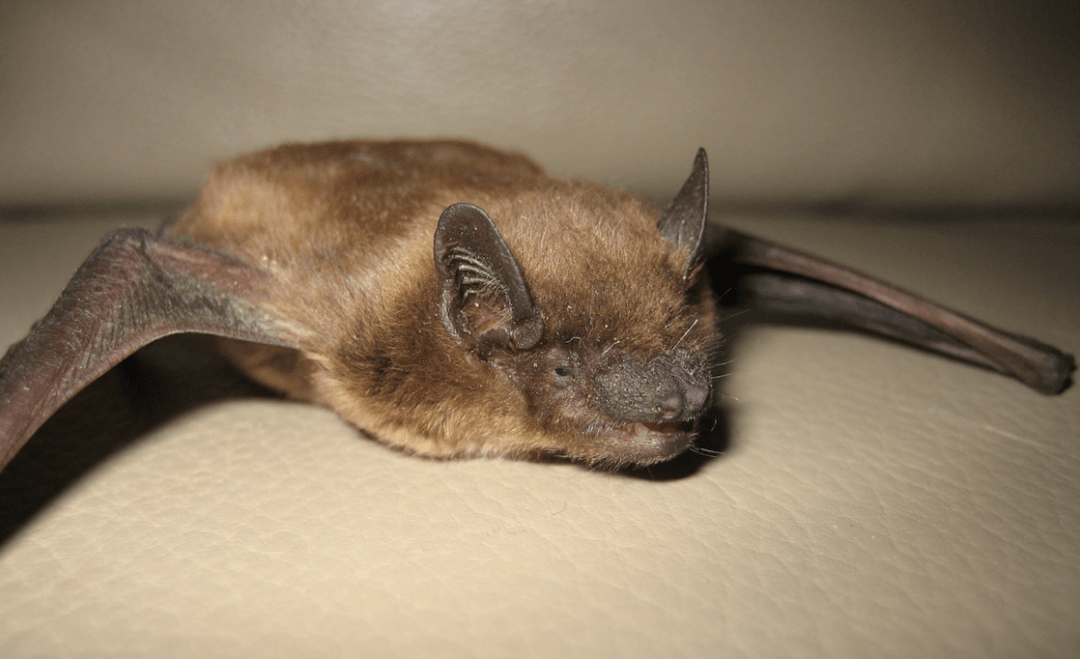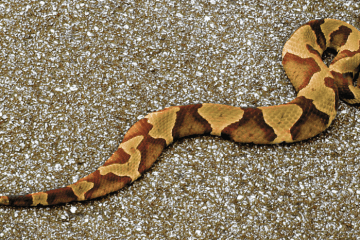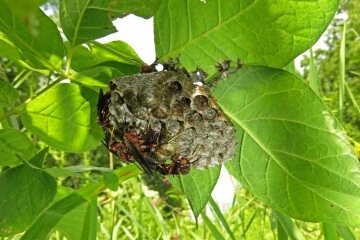What you can do to protect your home from a bat infestation
When we think about common wild animal problems on our property, our mind automatically goes to creatures such as rats, snakes, or mice, but these are not the only creatures that we’re dealing with here. Not by a long shot. Raccoons, skunks, opossums, squirrels, and gophers are really common intruders, also, as are bats.
Indeed, these little winged rodents have been known to make a home inside your attic and sometimes even inside your walls, so it’s only smart to take the necessary precautions in order to protect your home from bats. In this article, we’ll look at precisely what those precautions are.
First, why are we so worried about bats in our homes?
Well, aside from the obvious unpleasant factor, bats are carriers of a wide range of diseases and might even aid the spread of the new coronavirus, so obviously you wouldn’t want that in your home. What’s more, their droppings are endangering your pet’s life and are also pretty corrosive, which might put the structure of your home in danger. So suffice to say, you don’t want bats in your home. You can visit getridofbat.com to learn more.
How can you prevent bats from coming to your house?
1. Get an owl.
Some sources recommend buying a fake, plastic owl, and mounting it on your roof, or on a perch near your attic. Owls are the natural enemy of bats, and their presence will automatically deter the bats from approaching. On the other hand, bats aren’t stupid and the truth is, most wild animals realize the difference between a plastic and a real animal. So if this method appeals to you, instead of buying a fake, you might as well put up a tall perch that will attract owls or eagles, both of which keep bats (and other intruders, such as snakes) away.
2. Regularly perform upkeep on your attic.
Most of us tend to avoid our attic, especially in the cold months, unless there’s something we absolutely need to do up there. This is detrimental because it leaves the place unattended for months, and thus an ideal roosting ground for bats. So make time to clean up your attic at least once or twice a season. Even if it’s nothing more than dusting and moving a few things around. This will let you keep an eye on the place, to ensure no pests are creeping in and it will mark it as an inhabited area, which might deter bats from coming around.
Also, checking on your attic regularly allows you to keep an eye on the walls, windows, and roof, to make sure there are no cracks to allow bats or any other unwanted animal to sneak through. This website has resources on how to properly inspect your home and get rid of unwanted wildlife intruders.
3. Install a chimney grate and window screens.
This is a good tip because it helps keep out a lot more than just bats. The truth is, a lot of animals are attracted to your chimney, due to the warmth. But a bat nest inside your chimney can pose a serious fire risk to your property, and to the bats themselves, since they might not be able to escape the chimney in time, in case of fire. So your best bet is stopping them from getting in in the first place.
4. Find a professional.
Specific measures depend on the specific property, so while the above are some great general tips for wildlife prevention, you may want to find a professional for some specific help. First, do your research, and figure out how likely it is to get bats in the area where you live. This is also a good chance to inform yourself on other popular pests in the area.
Afterward, call in a certified wildlife removal professional, who will inspect your home for signs of potential wildlife intruders, as well as provide you with some great tips on how to protect your property. What’s more, a professional will have a keener eye and be able to point out weaknesses on your property, ones that you yourself might be oblivious to.
Remember, it’s always better to invest in prevention, rather than have to deal with the aftermath of a bat infestation, which can prove disastrous to your property.


